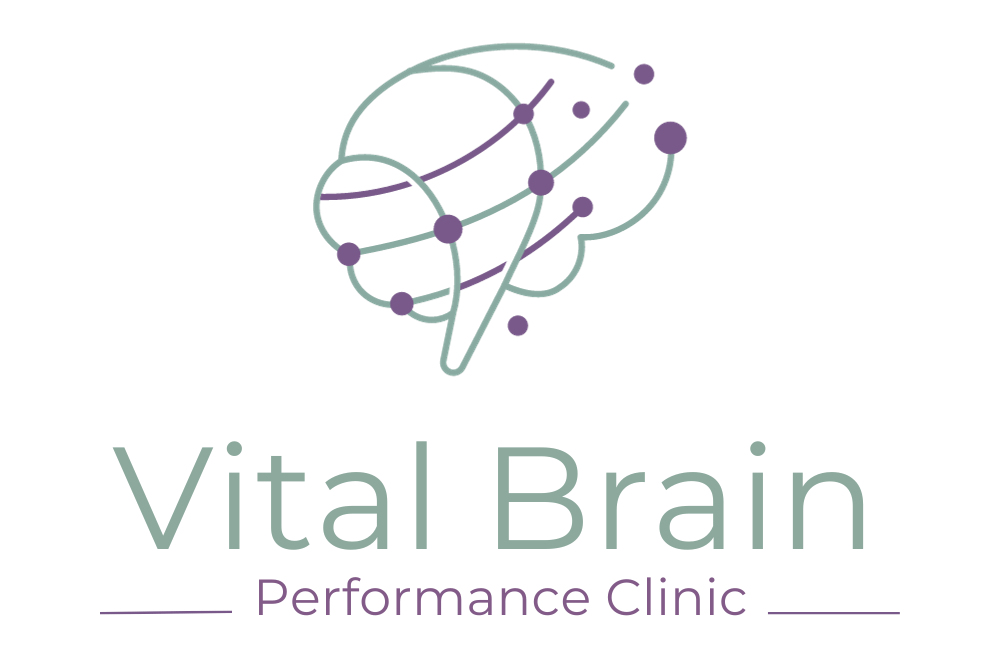In today’s fast-paced world, stress is an inevitable part of life, affecting both adults and children. Whether it’s due to workplace pressures, personal relationships, or the challenges of managing ADHD, depression, and anxiety, finding effective ways to manage stress is crucial. One emerging method that has shown promise is neurofeedback for stress tolerance. This technique not only helps in enhancing workplace performance but also plays a vital role in improving personal relationships.
Enhancing Workplace Performance through Neurofeedback for Stress Tolerance

The workplace is often a primary source of stress for many adults. Deadlines, high expectations, and the constant need to perform can lead to chronic stress, impacting both mental and physical health. Neurofeedback for stress tolerance offers a proactive approach to managing this stress. By training the brain to respond more effectively to stressors, individuals can experience improved focus, reduced anxiety, and better decision-making skills.
Neurofeedback works by monitoring brainwave activity and providing real-time feedback. This feedback helps individuals learn how to modulate their brain activity, promoting a state of calm and focus. Over time, this practice can lead to increased stress tolerance, enabling individuals to handle workplace challenges more efficiently. As a result, employees may find themselves more productive, less prone to burnout, and better equipped to maintain a healthy work-life balance.
Improving Personal Relationships with Better Stress Management through Neurofeedback
Stress doesn’t only affect professional life; it can also take a toll on personal relationships. Constant stress can lead to irritability, mood swings, and difficulty in communicating effectively, all of which can strain relationships with family and friends. Neurofeedback for stress tolerance can help individuals manage their stress levels, leading to more harmonious personal interactions.
By training the brain to handle stress more effectively, neurofeedback can reduce the emotional volatility that often accompanies high-stress levels. This can result in improved patience, better empathy, and more effective communication skills. For parents dealing with children’s ADHD, anxiety, or depression, this technique can also provide a more composed and supportive environment, which is crucial for the child’s emotional development.
Neurofeedback for stress tolerance is a powerful tool for improving both professional and personal aspects of life. By enhancing workplace performance and fostering better personal relationships, this technique offers a comprehensive approach to stress management. If you or your loved ones are struggling with stress, anxiety, depression, or ADHD, consider exploring neurofeedback as a solution. Reach out to Vital Brain Performance Clinic to learn more about how our neurofeedback for stress tolerance programs can help you achieve a balanced and fulfilling life.




